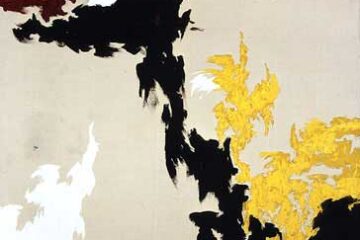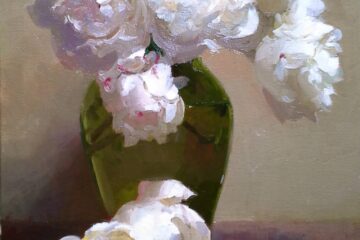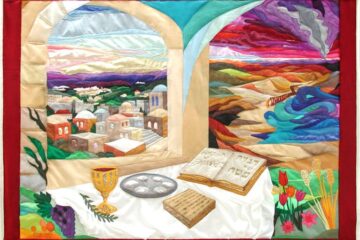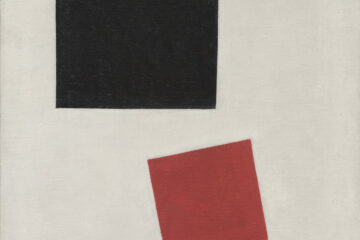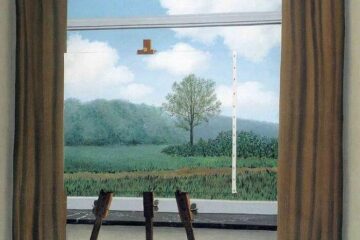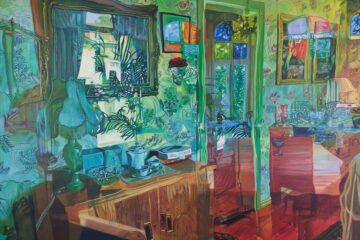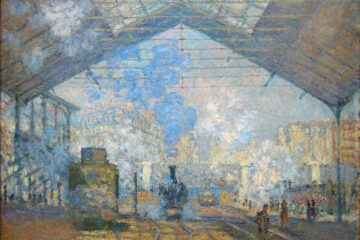Set your ego-driven self aside, and you will become more powerful than you have ever imagined. View the study sheet here. Watch the recording here.
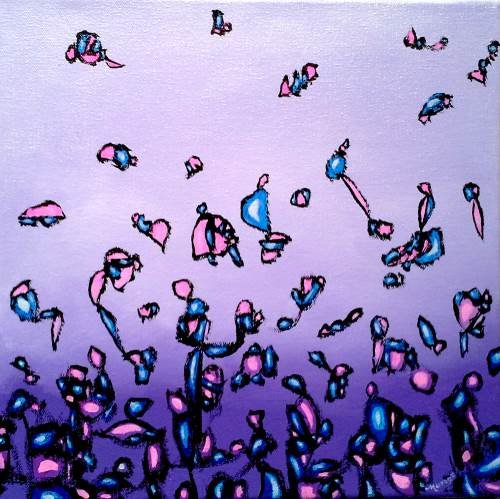
In his searing memoir Night, Elie Wiesel tells of learning about the power of questions to sustain the spirit, even during the terror of the dark night that was the Holocaust. To question is an act of resistance against what presents itself as inevitable. Like God’s voice, it shatters pretensions to permanence and inalterability: “Behold, My word is like fire, like a hammer that shatters rock!” To connect with the shattering power of questioning is to attach oneself ever more closely with the Source of all life. As Wiesel notes, the Hebrew makes clear that God, אל/El, is in the question, שאלה (“question”).
By contrast, answers, as necessary as they sometimes are, do not occupy the same place of privilege in Judaism. A midrash describes the devil as one with all the answers. To know all is the cessation of movement. It is an end of the quest. Torah trains us to live within ambiguity. To dwell within the question, within movement.
The early rabbis introduced us to Abraham as one driven by curiosity and wonder: Why is the world the way it is? Can the Source of all life really be contained in an idol carved from stone? His interrogation of the universe cracks it open and God enters his life. Jacob and Joseph also do not settle for the easily explained. They are dreamers, eager to climb ladders to unknown heights. Even Moses, trained in the ways of imperial power and absolute confidence, becomes captivated by an anomaly, a bush in flames that does not diminish. For him too this attention to a disturbance in the world of the predictable becomes the channel through which God enters his life.
In contrast to this embrace of uncertainty is the way of idolatry. For other cultures in the ancient world gods controlled the prosperity and fertility of the people that worshipped them. These divinities did not make moral demands; they only expected to be venerated. In the absence of a moral call, people believed that their gods were accessible to human manipulation. That they could be gamed into giving the people whatever the people wanted. Idolatry is not a submission to a greater power. It is an attempt to control a greater power. It is an ever unrealizable attempt to exercise sovereignty, to displace the divinity.
The destruction of the idolatry that the Israelites would find in the promised land is a recurring instruction. In Parshat Re’eh it is included in the list of spiritual practices the Israelites need to learn in order to live a life of fulfillment through responsibility. Do not try to be a god by doing whatever you want. You will only end up miserable, with nothing. Instead, give away a portion of your wealth, restrain your urges, care for the vulnerable.
As a young artist Keith Morant was full of hungry ambition. Driving his pride in his work was an insecure ego seeking to occupy as much space as it could consume. He would complete his works with a very large, visible signature. At some point he came across T. S. Eliot’s essay “Tradition and the Individual Talent,” in which Eliot wrote: “The progress of an artist is a continual self-sacrifice, a continual extinction of personality.”
Over time, Morant’s work shifted in tone from one driven by a sense of lack to one expressive of fulfillment. His signature became more and more superfluous. “The work itself,” he said, “was signatory enough. My name shrank and became almost indiscernibly hidden in the work. Once it was the task of art to supply an answer; today its function is to inspire the question. As Eliot implies, the artist must become secondary to the art.”
Torah teaches this art of self-nullification. Every Passover we forego chametz for 174 hours. This food, characterized by its expanding ingredient, is understood to be the self-important ego. And every Shabbat we have the opportunity to learn that we can cease to strive for anything and thereby gain everything. Set your self aside, and you will become more powerful than you have ever imagined.
Join us here at 7:00 p.m. (PDT) Thursday August 25 as we explore the art of self-nullification.


